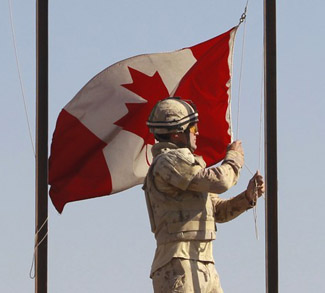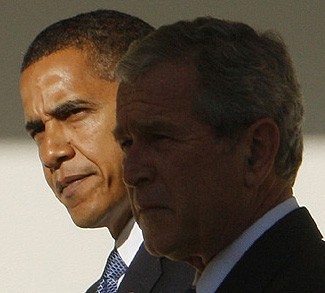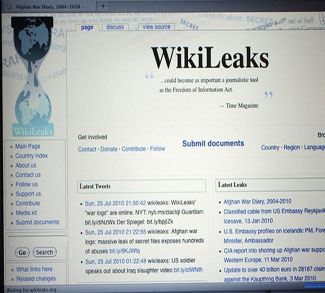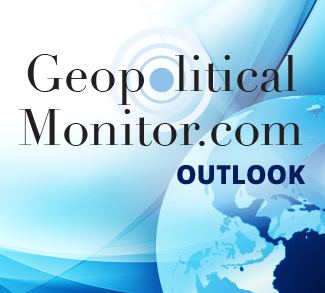The world order of the 21st century is undergoing a deep transformation as the post-Cold War United States hegemony continues its slow and steady decline. As a result, we are beginning to see developing countries emerge as important players in the arena of global politics. Canada occupies a unique position in this new world order as a multilateral, cooperative and activist middle-power, and as such it is well placed to benefit from the global shift towards multipolarity, says Adriano Marchese of Geopoliticalmonitor.
Since independence, Canada has sought to secure and maintain a position of status among the middle powers of the world. The Second World War and the onset of the Cold War witnessed a global shift in power from the traditional, longstanding multipolar system as the USSR and the United States became competing centres of gravity in global politics. Yet paradoxically, the Cold War also ushered in a new era of cooperation through the rise of international institutions, and it is within these institutions which Canada’s role in the world has come to been defined. These institutions include the United Nations (UN), NATO, and the World Health Organization (WHO). Indeed, Canada has a longstanding diplomatic tradition of favoring multilateral institutions in international affairs. It thus follows that the greater onus placed on these institutions by a multipolar world will be a boon for Canadian foreign policy.
Although Canadian foreign policy is characterized by several strong bilateral relationships, particularly with the United States, these ties are not so strong as to preclude flexibility in a multipolar world. And there are several historical precedents that indicate Canada’s willingness to build up the multilateral institutional framework that the new world order will be built upon. One such instance is the fact that Canada was integral in the creation of the G20, which at the time stood as a reflection of the growing importance of emerging nations around the globe.
The importance of multinational institutions is becoming more apparent as American influence continues its decline. The United States cannot uphold its military responsibilities across the globe indefinitely, a sentiment that President Obama has frequently voiced in his speeches on defense policy. As the US military is increasingly unable to straddle the four corners of the world, the United States will have to choose between directly appealing to its allies or turning to international institutions to fill the gaps. It is here that Canada, now and in the future, can exert its influence as a leader among its peers.
Canada is increasingly well-placed to fill in some of the vacuum left by a receding US security guarantee in North America. Taking responsibility for its own security is not historically unprecedented, as Canada has occasionally taken an assertive stance on defense issues such as its staunch commitment to NORAD and more recently the US-led invasion of Afghanistan. Canada has also been modernizing its military, most recently with its purchase of F-35 fighter jets; a purchase that some might think was unnecessary coming from a country under the umbrella of US protection. This purchase however is a reflection of how Canada perceives itself, and how it would like to be perceived by the world in the 21st century.
Traditionally, Canadian foreign policy focused on East-West relations along with its European partners. However, in the past two decades, Canada has been engaging with countries throughout the Americas, especially in the Caribbean. Ottawa has built strong relations with Latin America, culminating in the signing of NAFTA in 1995, the development of the Organization of American States (OAS), and sustained activity in the Asia-Pacific Economic Community (APEC). Canada has also been active in developing good governance and promoting democracy in a region which has historically been plagued by instability and oppressive governments.
Canada is also less exposed to the risk of global energy disruptions thanks to the fact that it presides over one of the largest untapped oil reserves in the world. Some estimates have Canada emerging as one the top oil producers in the world by 2030. The abundance of natural resources across its vast territories makes the country a lucrative trading partner for resource-hungry developing countries. Demand for these resources will drive up prices and draw FDI into Canada.
With the world order shifting in the 21st century, Canada is in a good position to prosper and advance its own interests.




